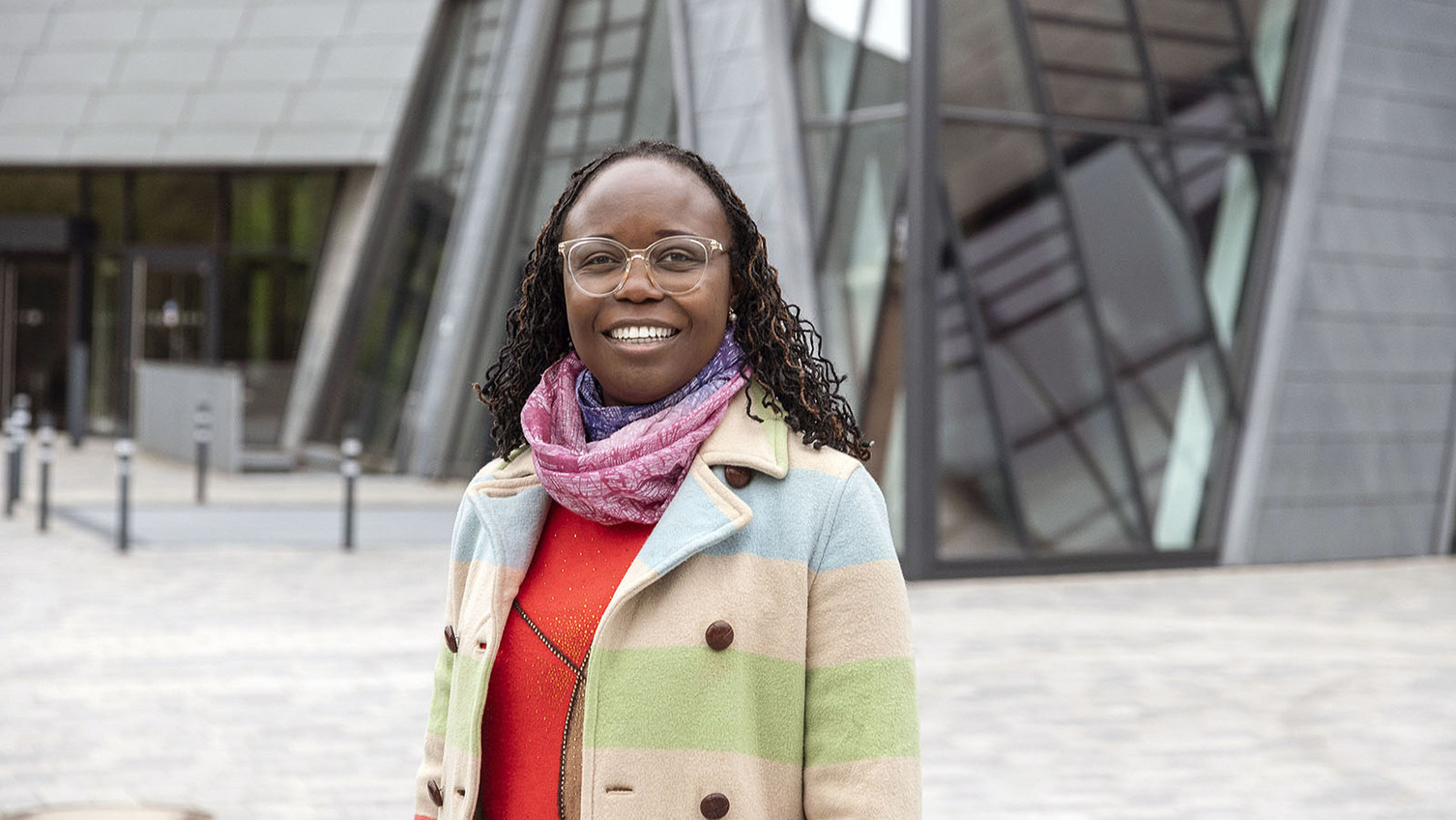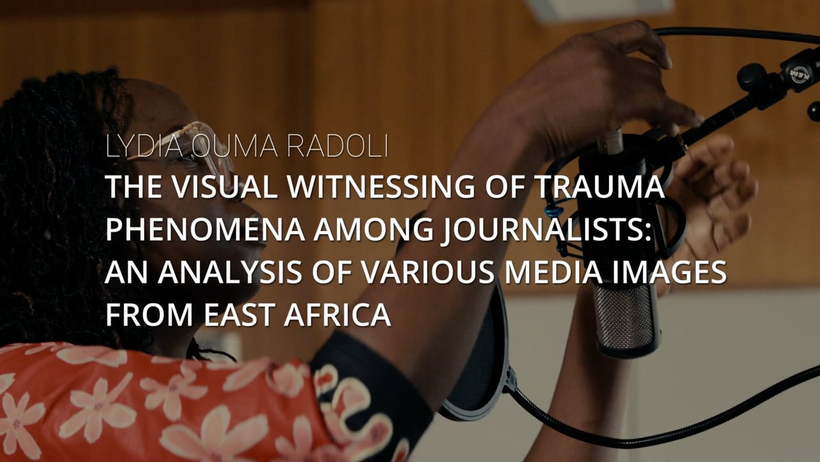Fellow 2023/24
Lydia Ouma Radoli focuses on the visual and narrative mechanisms inherent in media coverage that inevitably entail journalists' experiences of violence. In doing so, she places ostensibly critical media work on violent conflicts in the context of, on the one hand, a theoretical as well as empirical framework, and on the other hand, a market-shaped media industry that constitutes and marginalises the traumas of its journalists. In her research, the media researcher and former journalist Lydia Ouma Radoli identifies structural disadvantages within the media system and inquires into possible alternative ways of dealing with the phenomenon, which has hardly been researched in East Africa so far. For her project she is working with Laban Peter Ayiro, Associate Fellow at LIAS in Culture and Society.
Abstract
The Visual Witnessing of Trauma Phenomena Among Journalists: An Analysis of Various Media Images from East Africa
Engaging in dialogue with media houses, journalists and media policymakers in East Africa on the trauma phenomenon, my study proposes to establish what drives the criteria for the selection of violent visuals, to estimate the current prevalence of the trauma phenomenon among visual rhetors in East Africa and to suggest means of mitigation and support for visual rhetors. Cooperating with Laban Peter Ayiro, our aims are to establish trauma experiences as part of documenting the world and society, evoking both the cultural and mediated ethos of visual rhetors, suggesting mitigations and addressing gaps in academic research. The study is an attempt to look for alternatives to the media production model that emphasizes the notion of “if it bleeds, it leads”. The findings of the study will sustain the critical role of visual rhetors. Further, media practitioners may find the study useful in assessing effects and values of visual witnessing.
Education
2019 PhD Media, Migration and Development, Brandenburg University of Technology, Cottbus
2011 MA Erasmus Mundus Human Rights Practice (EMHRP) Tripartite Masters: Gothenburg University, Roehampton University, Tromsø University
2008 B.A. Communication and Sociology,University of Nairobi
Most recent position
Head of Department Media Film Studies & Lecturer for Media and Communications, Daystar University, Nairobi
Most recent publications
"Visuals of Trauma in Journalism and the Mixing of Methods - Symptomatology of Post Traumatic Stress Disorder (PTSD) and Trauma Narratives." Research Association for Interdisciplinary Studies (RAIS), Nov. 16-17, 2023.
"Courting Trauma: An Unspoken Mental Health Crisis Among Journalists in East Africa." Research Association for Interdisciplinary Studies (RAIS), Aug. 3-4, 2023.
with K. Langmia. “Of Deepfakes, Misinformation, and Disinformation. In: Black/Africana Communication Theory. London: Palgrave Macmillian, (Forthcoming), 2023.
“Switching to SIDE Mode”- COVID-19 and the Adaptation of Computer-Mediated Communication (CMC) Learning in Kenya.” In: Online Learning Instruction and Research in Post-Pandemic Higher Education in Africa, edited by Martin Munyao, Lexington, Mass.: Lexington Books/Fortress Academic, 2022.
with A. L. Lando, “To Cover or Not to Cover? A Critical Discourse Analysis of Mainstream Media News Framing of Children in Kenyan Care Home.” In: The Routledge Companion to Media and Poverty Routledge, edited by S.L. Borden, London: Routledge, 2021.


